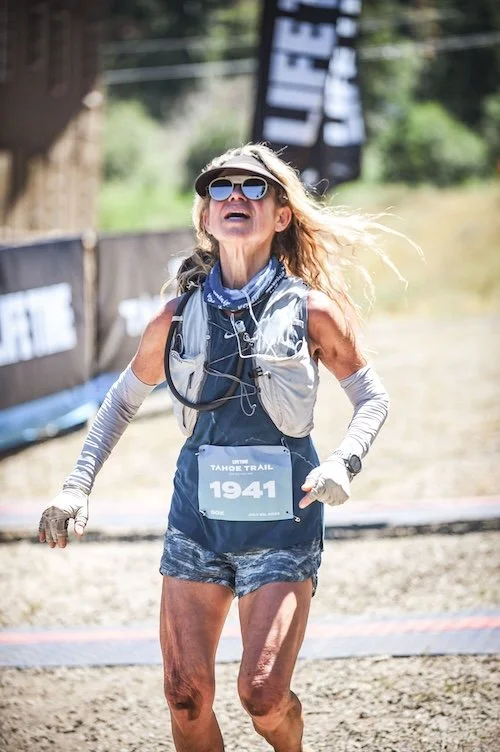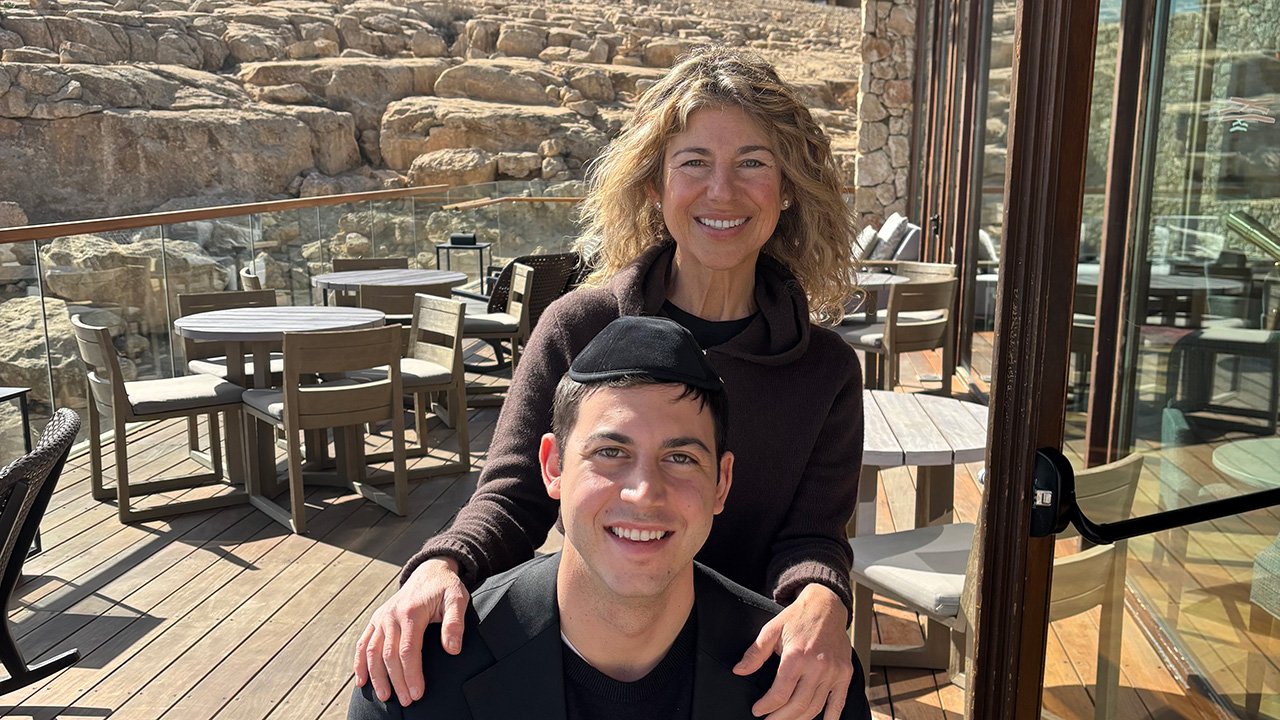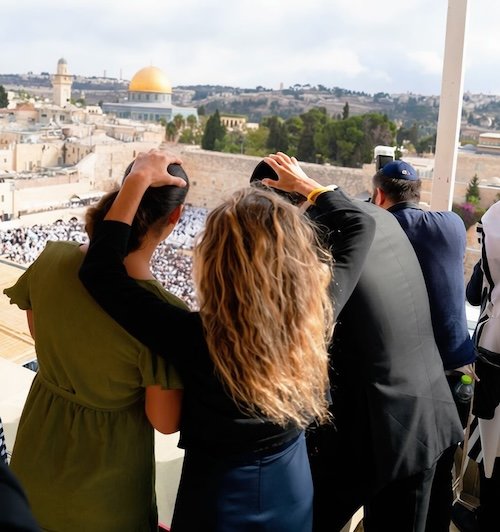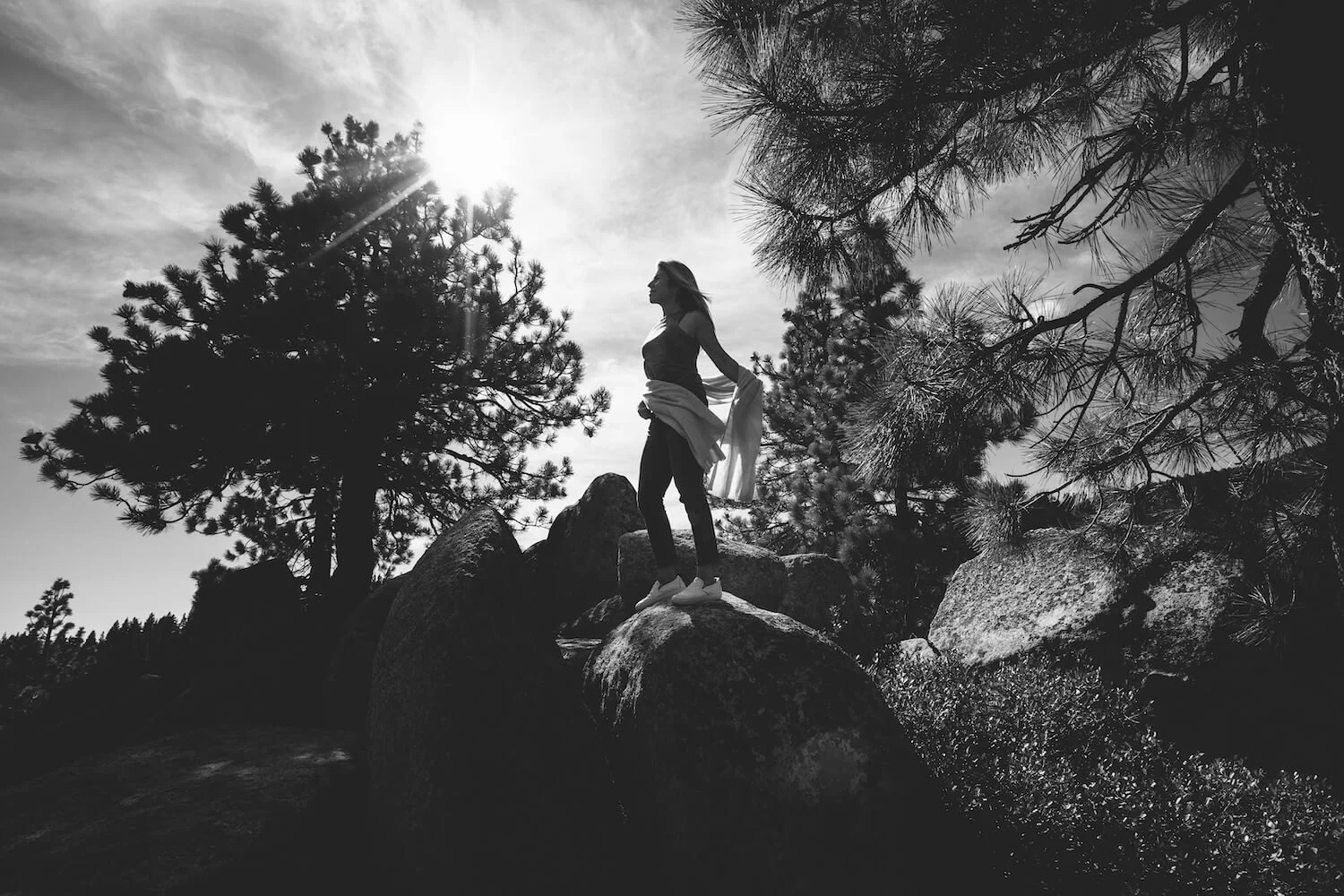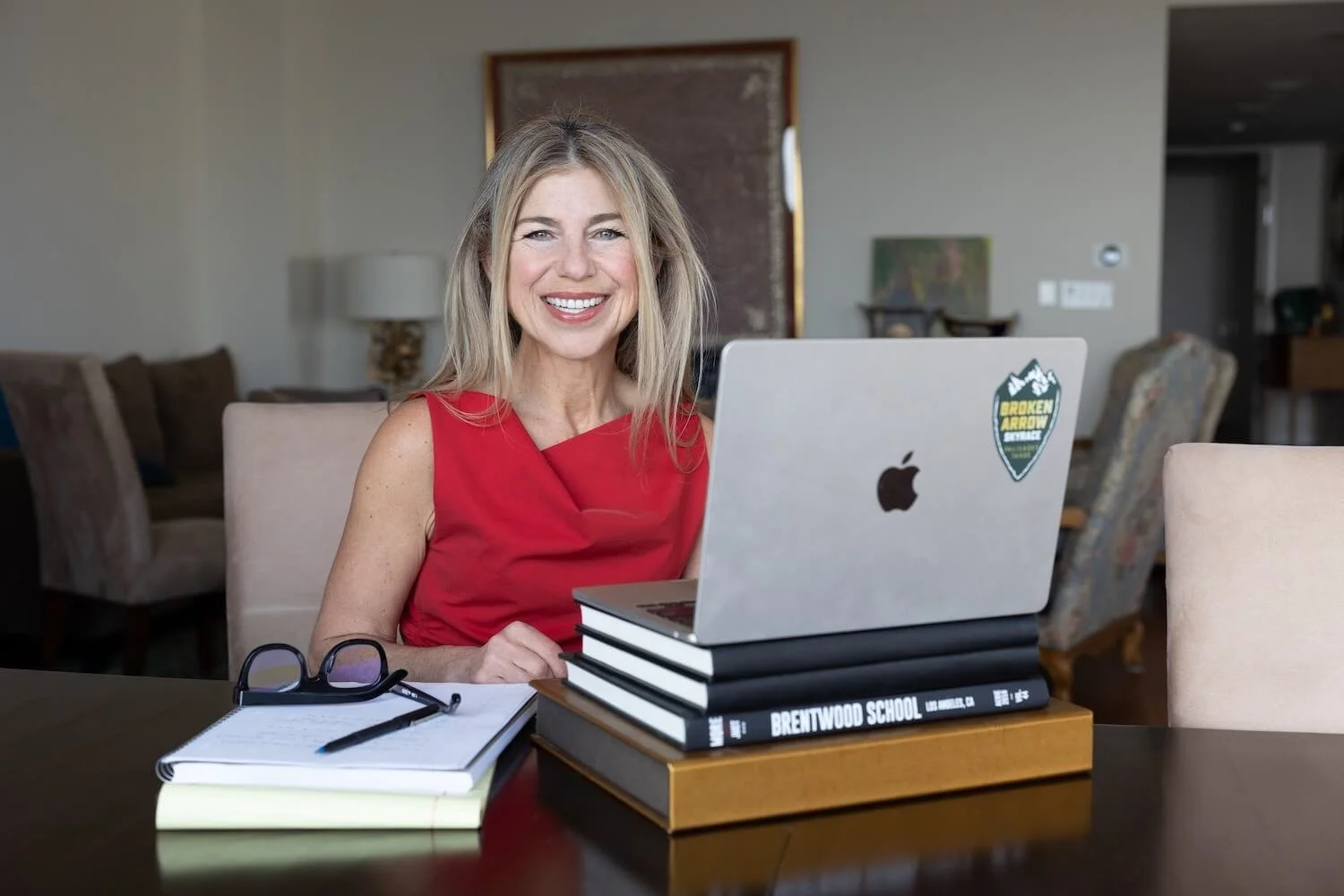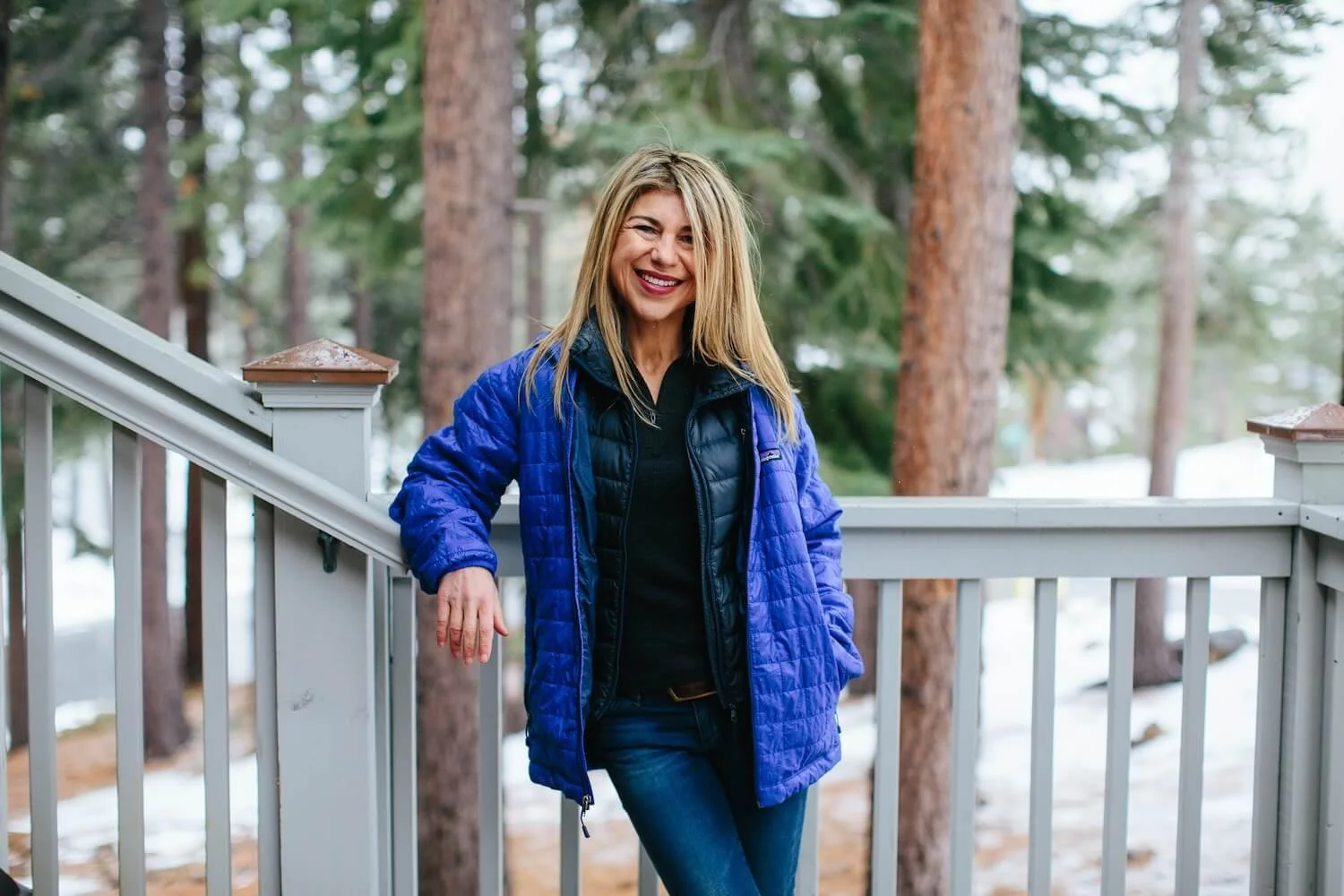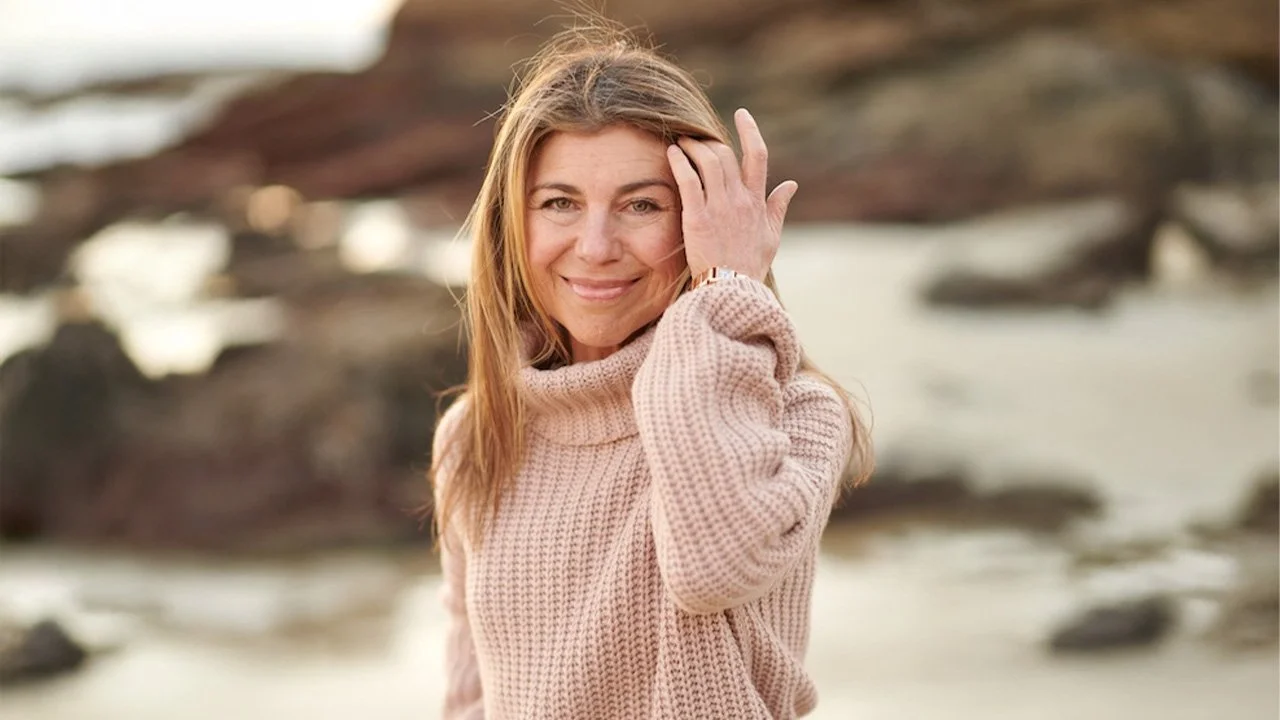Why I Torture Myself in the Mountains
What are the one or two questions you are asked most often?
It’s worth slowing down to consider, because it’s not just a reflection of others’ curiosity about you, the answer to these questions illuminates who you are—your priorities, and your deepest values.
In my life, two questions come my way regularly:
“What’s Life Coaching?” and “Why do you do Ultramarathon races?”
For those unfamiliar with the sport, an Ultra is any foot race longer than the standard marathon distance. These events are almost always held on trails and demand intense physical, mental, and logistical preparation.
SkyUltras take this challenge further. They require a minimum of 9,800 feet of vertical gain and loss, are typically held at high elevation, and often involve poles, crampons, and—at times—hands for scrambling up rocky terrain.
I have a complicated but committed relationship with my favorite SkyUltra—The Broken Arrow 52K, which takes place in the majestic mountains of Palisades Tahoe.
As a masters athlete (code word for older runner!) with no background in youth or collegiate competition, I’m humbled every time I attempt this race. I’ve finished it twice, but I've attempted it more times than I’ve succeeded.
This year, I finished the race with just fifteen minutes to spare before the cutoff time.
Once again, I was one of the final runners to complete the race. But what I carry from that finish is just as meaningful—perhaps even more so—than what an elite runner takes away after finishing in half the time.
Because for me, it’s a lot harder. I’m exposed to the elements for more extended periods and on my feet for longer. But that makes the result more rewarding.
“So why do you do it?”
I do it because life is hard, and knowing we can do hard things is the ground zero of one of the most essential life skills we can cultivate—confidence.
I was born into privilege. And while I’ve faced my share of life challenges, there’s no denying that comfort has been my unearned baseline.
I’m part of the first generation of Iranian Jews who didn’t grow up in a ghetto, had limited freedom, and feared for their lives. My generation was born into a new and modern Iran. And those of us who escaped the 1978 Iranian Revolution found even greater freedom and comfort in the United States and other First World countries.
Many Iranian immigrants continue to navigate difficult lives because they were wealthy and enjoyed a level of power in Iran, but lost everything overnight and had to start from zero.
My story is not that. My father’s vision and foresight allowed for an incredibly soft landing for me and my entire family.
I realize that a life of hardships often makes for a better story. Still, I cannot apologize for being the beneficiary of privilege and comfort, a road paved by the extraordinary sacrifice of past generations.
But the ability to navigate challenges with confidence—knowing we can tolerate pain and tackle difficult tasks—is often weaker in those who’ve lived lives of ease than in those born into hardship. This is the price we pay for being wrapped in a blanket of comfort from birth.
This is why it’s an epic challenge for so many parents who work tirelessly to create lives of ease and plenty for their children, only to see those children grow into young adults who lack the confidence to launch themselves into adult life.
If there’s one thing I’ve learned from coaching so many people, it’s this:
Life is hard for everyone, regardless of our external circumstances.
The pain that drove Anthony Bourdain, Robin Williams, and other “seemingly” happy people like them to take their own lives might seem incomprehensible to someone struggling every day to make ends meet. But that pain is no less real.
To be human is to sign up for life. And life is just freakin’ hard—for every single one of us, in our own unique way.
The pain of someone born under a lucky star is no easier to bear than anyone else’s.
And this is perhaps where the two questions I’m asked most often converge to reflect who I am, my priorities, and my highest life values.
Training for and showing up at the start line of these endurance races (not to mention the actual racing) is how I expand my own ability to do hard things.
As a professional Life Coach, I support my clients to step out of their comfort zone and cultivate the confidence to manage their unique life challenges successfully. And a Coach can only take her clients as far as she’s been herself.
Life Coaching is deep, intimate, and life-changing work. Trusting that your Coach knows how to help you gain the confidence and skills to live a robust (if not easy and painless) life is a fundamental and non-negotiable requirement.
For all the people who have asked me these two questions (sometimes repeatedly) and for others who have silently wondered but not asked, I hope I’ve shed light on the answer.
Now, it’s your turn.
What is the question you are most often asked, and what does the answer say about you?
